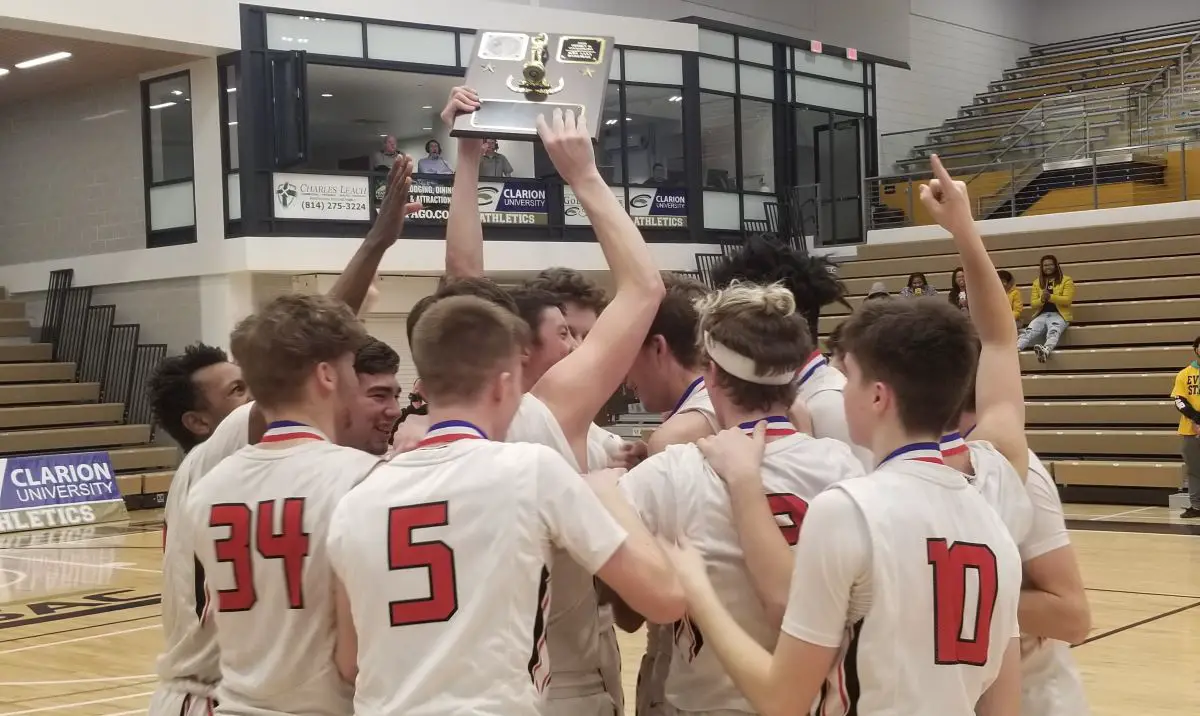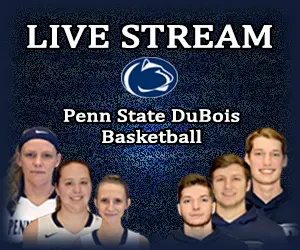
Sports leagues are obsessed with the idea of fairness, and for good reason.
Any perceived inequalities in scheduling, game location, or playoff seeding are pounced upon by angry fans who believe that their team failed to receive a fair shake. Local sports fans (me included) are likely frustrated with how COVID-19 delays have forced the Steelers to change their schedule, as circumstances beyond the team’s control have forced the Steelers to lose their mid-season bye and play on short rest.
Despite a late start, each of Pennsylvania’s fall high school sports was able to finish their playoff cycles, with state champions being crowned in each sport. Forfeits littered the playoffs, as the virus forced teams to pull out of the race for the big prize. McDowell High School Football was one of the chief beneficiaries of these cancellations, as the squad moved straight to the Class 6A state semifinals after receiving two consecutive forfeit wins. Statewide, football had many pandemic-related delays and cancellations, some of which led to unjust losses or crushing forfeits.
Locally, low virus rates helped area teams to dodge playoff forfeits or mass regular season cancellations. There were only two total playoff forfeits in the Class A and AA volleyball playoffs in D9 and at the state level, ensuring non-controversial playoff runs for Redbank Valley and Clarion. Redbank Valley Football faced significant adversity at the beginning of their playoff journey, as 18 Bulldogs players were forced to miss practice prior to their game against Coudersport. The Bulldogs were able to persevere, winning the game to avoid an unfortunate and controversial end to their season.
Competitive fairness was mostly maintained during the local fall sports season, but there is no guarantee that the equity will continue into the winter. COVID-19 cases have spiked both locally and statewide, and the winter “stay-inside” environment possesses the potential to further spread the virus. It seems like a guarantee that we will have more forfeits, postponements, and schools pulling out of extracurricular activities in the winter sports season. If the PIAA and area schools proceed with the winter sports season, we all need to prepare ourselves for the inevitable inequity of the upcoming season.
The winter sports season won’t be fair, but we need to remember why sports are important for our athletes.
Athletes will still have the experience of being part of a team and working toward a common goal, perhaps the most valuable lesson to be learned in youth athletics. Players will still be able to build and increase their skill levels, albeit in different ways. The heat of competition will burn as hot as ever as players will fight to win while knowing that any game could be their team’s final game of the season. Even if a team misses a 15-day period in the middle of the season, misses their key star in a big game, or is forced to drop out of the playoffs, the essential experiences of high school sports will not be lost.
We can’t have it all in the world of COVID-19. If we are able to safely provide our young athletes with a semblance of the pre-virus athletic experience, athletes, parents, fans, and the media need to temper their expectations and be prepared to sacrifice the competitive process in order to preserve the athletic experience. As a collective whole, we cannot focus on having seasons identical to the past. Rather, we need to prioritize providing our athletes with the best possible situation in the here and now. If one basketball team only has two or three potential opponents due to cancellations, we owe it to those athletes to support a strange and potentially “unfair” schedule.
Denying youth athletes the opportunity to play sports because of health and safety concerns is rational, but letting hyper-competitiveness and the politics of gamesmanship ruin an abbreviated season is unacceptable. The 2020-2021 winter sports season might not be fair and equitable, but it certainly has the chance to be a valuable and fun learning experience for our local athletes. The only truly unfair outcome would be a season defined by athletic politics and squabbles over playoff seeding or scheduling. In a season where every game would be a small miracle, we might need to neglect competitive equity in favor of outside of the box decision making to make the most out of sports in the era of COVID-19.












